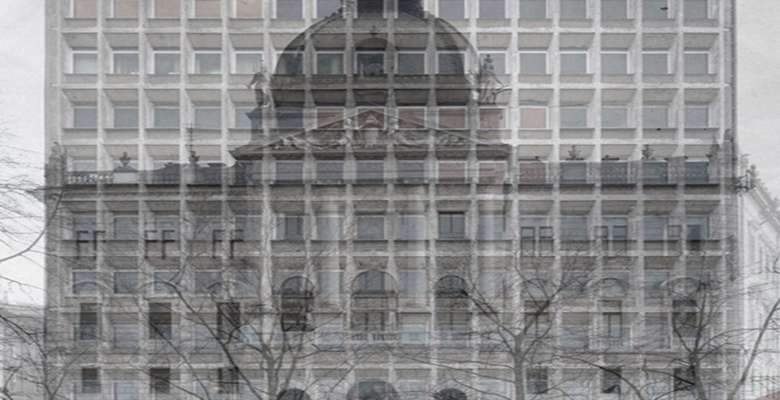Idea by
Maitri Dore
Call for ideas 2019
Politics with Brick and Mortar (Beck, 1998)
Politics with Brick and Mortar (Beck, 1998)

- New alliances
The project tries to contribute to bridging the gap between two ‘post-‘ bodies of literature. Scholars have pointed to the overlaps in the natures of oppression as also to their aftermaths, but despite these postcolonial and post-socialist scholarships have not really engaged with each other. In the former, new oppression by homegrown leaders was manifest, in decision-making related to architecture, as well as to the design outcome of national buildings. The question that hasn’t been studied is whether this postcolonial theory applies to the post-socialist context. Further, postcolonial scholars have been critiqued for excluding post-socialist realities. So this research is an attempt to build academic bridges and test whether such theory can travel across physical and temporal boundaries and herein lies its future impact. Studied are three projects in Budapest – the National Theatre from the late 1990s, and the National Hauszmann Plan and Liget Budapest Project – both ongoing.
Politics with Brick and Mortar (Beck, 1998)
Politics with Brick and Mortar (Beck, 1998)

- New alliances
The project tries to contribute to bridging the gap between two ‘post-‘ bodies of literature. Scholars have pointed to the overlaps in the natures of oppression as also to their aftermaths, but despite these postcolonial and post-socialist scholarships have not really engaged with each other. In the former, new oppression by homegrown leaders was manifest, in decision-making related to architecture, as well as to the design outcome of national buildings. The question that hasn’t been studied is whether this postcolonial theory applies to the post-socialist context. Further, postcolonial scholars have been critiqued for excluding post-socialist realities. So this research is an attempt to build academic bridges and test whether such theory can travel across physical and temporal boundaries and herein lies its future impact. Studied are three projects in Budapest – the National Theatre from the late 1990s, and the National Hauszmann Plan and Liget Budapest Project – both ongoing.